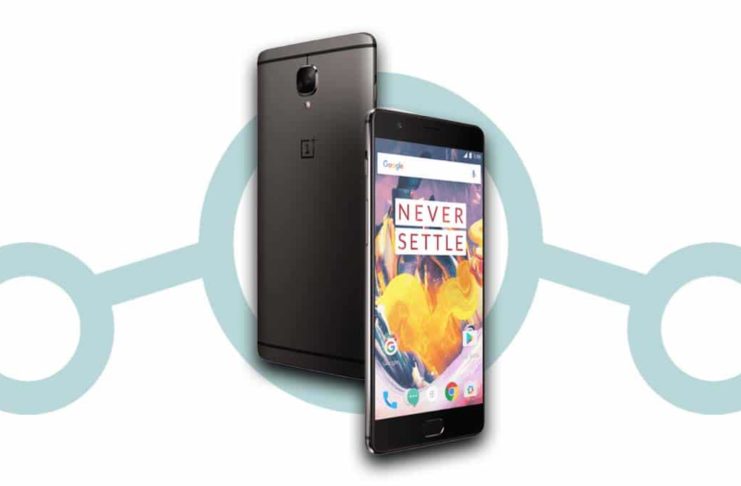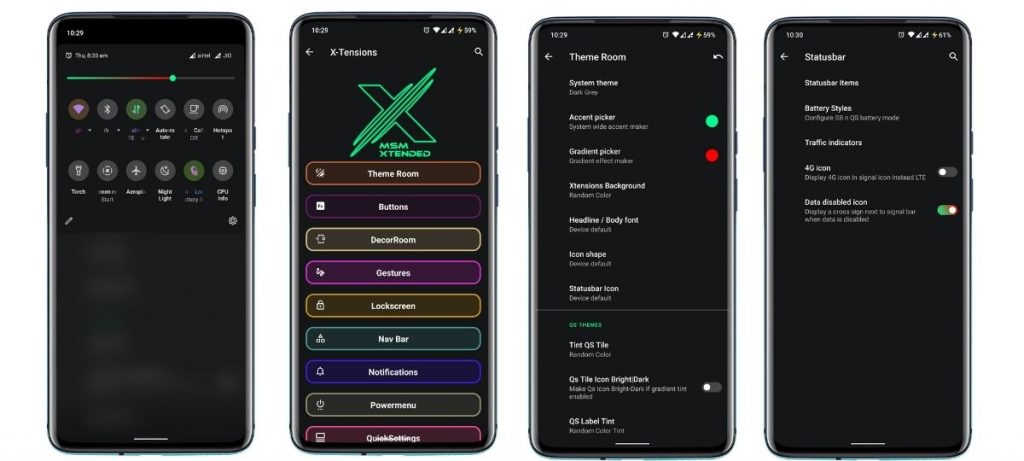

But if you'd rather be completely independent from big corporations, going for a free and open-source custom ROM built on top of Android's core might be the best solution.I personally accept that there's always going to be some inherent privacy trade-off when you're using an always-connected mobile device that you carry with you everywhere you go, but I'm curious if there's a way to remove the ad company from the equation. Thankfully, Android is open source, so it's possible to evade Google without having to leave the platform altogether - just look at Amazon's tablets or Huawei's Google-less phones. If you're an Android user, Google has a scary amount of information on you, and matters get worse if you're deeply embedded in the company's app ecosystem - getting locked out of your Google account can have serious consequences then. Updated with /e/ OS as another alternative and details on some improvements to microG.They either release the source code too late or simply don’t release it at all. This is the exact reason why aftermarket development is extremely less for many phones, like Huawei and Honor, that use their own CPUs (Huawei & Honor use their own HiSilicon CPUs). Since no-one has access to those lines of code, it is not possible for developers to make Android run on iPhones. That includes the drivers and patches for the A-series chips Apple makes in-house and uses in their devices. In the previous post, we discussed why iOS can’t be ported to Android phones, that is, because iOS is closed-source, and the source codes only remain with Apple.

Without these patches, Android won’t be able to boot. Again, because of the source codes.Īndroid needs various drivers and patches to be able to run on a phone. iOS isn’t Open Source, but Android is, so what’s stopping the developers from porting Android to iPhones? Why is there no Android ROM for iPhone? Is it possible? Many people, when they move to iPhones from Android, miss the freedom of just flashing a ROM and making the phone feel and perform differently.


 0 kommentar(er)
0 kommentar(er)
